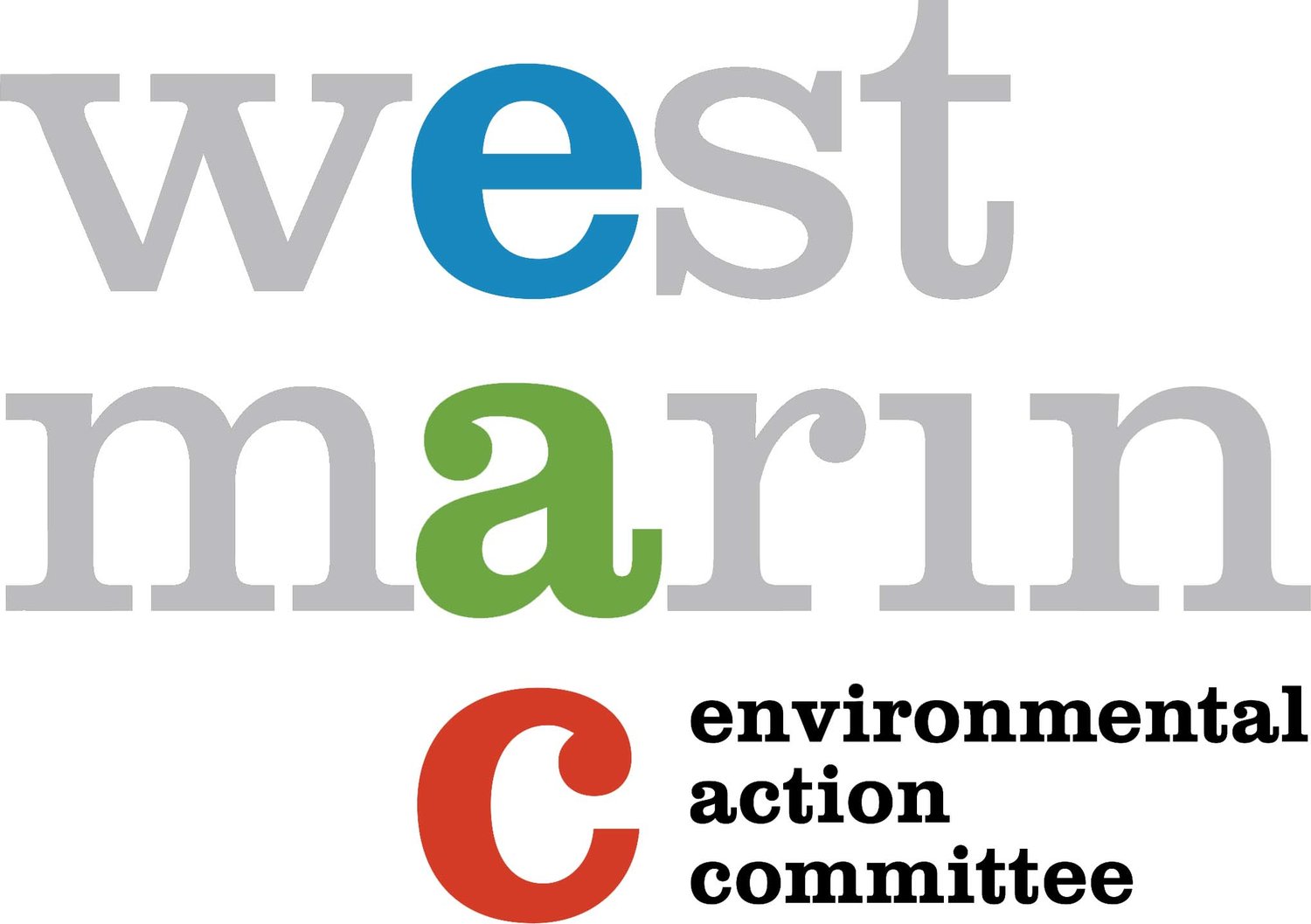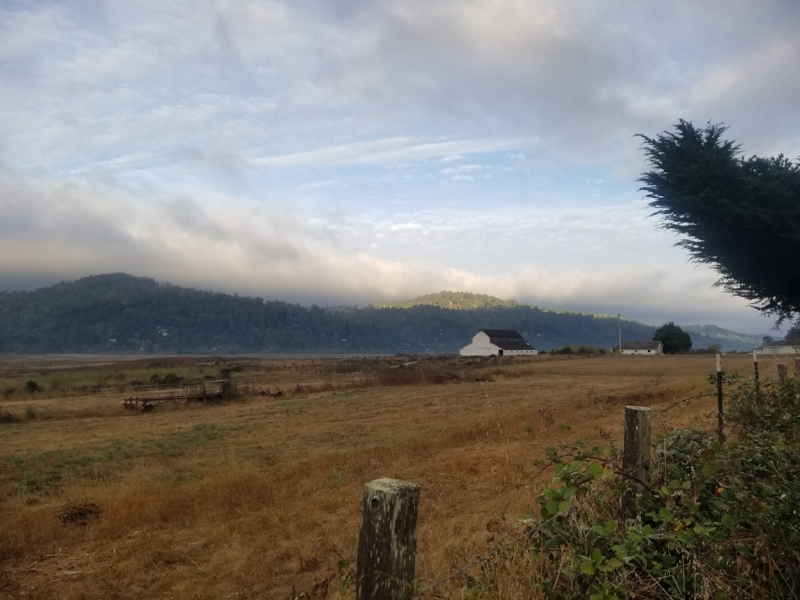On November 30th, the Point Reyes National Seashore’s public comment period closed.
Since 1971, EAC has addressed the important environmental issues facing our community and our public lands. We have worked on community development and public access to parks and coastal areas, supported pathways for ecologically sustainable agriculture, supported full designation of wilderness areas, promoted affordable housing development, protected wildlife, supported strong coastal protections, provided environmental education, and protected Tomales Bay and West Marin’s watersheds.
EAC supported the 2012 determination by Secretary of the Interior Ken Salazar to designate Drakes Estero as Wilderness. Part of that memorandum directed the Seashore to pursue issuing long-term leases to the ranches and dairies within the Seashore. The GMPA process is the appropriate method for making the determinations on where and how ranches and dairies may operate in an environmentally responsible manner within in the Seashore.
The GMPA must advance the protection, restoration, and preservation of park resources using ranch leases that ensure that multi-generational, environmentally sustainable ranching is complementary to the natural resources and visitor experiences within the park.
EAC organized our letter under three primary headings that guide our participation in this process:
1) Protection and Preservation of Natural Resources
The Seashore is one of the few national parks with active beef ranching and dairy operations. This framework provides an opportunity to demonstrate a unique and scientifically based ranch lease arrangement that ensures the protection and preservation of natural and cultural resources and multi-generational environmentally responsible ranching. To accomplish this, the Seashore must clearly outline specific management strategies for beef and dairy operations to support environmentally responsible practices.
2) Restoration of Degraded Habitats
The GMPA and conservation framework must prioritize habitat restoration. Many of concerns over continued ranching and dairying within the Seashore center around degraded and impaired habitat. Protecting water quality and avoiding erosion and native plant and species impacts should be prioritized to ensure that ranching operations are meeting the highest possible environmental compatibility standards.
3) Public Access
All the alternatives presented by NPS include language to improve visitor access to the planning area through improved hiking trails, biking, equestrian access, and camping. This would create new opportunities for visitors to experience different areas of the Seashore. EAC is supportive of appropriate increases of public access in currently disturbed areas to safeguard park resources and respect lease/permit holder pasture use.




